|
11/9/2018 4 Comments 12 Lessons from Church Ministry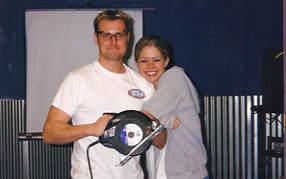 Fresh out of college, my husband was hired at a new church to get a youth ministry off the ground. The church was a year old, our marriage was a year old, and we all had more momentum than experience. We ran like it was a sprint and panted through burn out and fatigue when we realized it was looking more like a marathon. We made some adjustments and kept going. We spent a solid 15 years doing some form of vocational ministry. Nearly two years ago we decided to step away from paid ministry so we could focus on other goals. I’ve realized many of my take aways haven’t been exclusive to ministry–they apply across the board. They’ve also been learned the hard way. I'm writing a few of them here, not because I've mastered them (a work in progress), but because it's important to slow down long enough to acknowledge morsels of wisdom gained along the way. 1. If I’m going to lead people, I better know darn well what I’m leading them to. "We need to attract the next generation." "We need unity." "Let’s build community.” "Start a movement," For what? What does that even mean?! Anyone can string together a bunch of buzz words. What am I leading people to? WHO am I leading people to? My primary goal is not to be relevant, cool, deep, or charismatic. My primary goal is to reflect Christ so people will trust Him, not me. My goal is to love people; not to impress them. Our ministry found focus when we stopped fancy sounding mission statements and sought God's heart for loving people. 2. The most vital ministry happens under my roof. I wish this one wasn’t true. The people at church and in my community see me with makeup and smile on. They validate me. They send me cute thank you notes when I serve. The people in my home see me when I’m depleted, confused, without makeup. They aren’t always as validating. Ah….where the real work happens. I had an hour a week with my small group. I had 24 hours a day (for years) with my kids. Where is the biggest potential investment and the biggest potential for return on investment? If I’m slacking on my biggest ministry at home because my “put together” work in the community feels nicer…yikes. The people in my home–my kids, husband, whoever is living with us at the time, friends over for dinner, see the mess but they also see Jesus’ grace to us and God’s provision. Real life relationships grow us more effectively than any sermon or workbook. 3. God’s work is not dependent on me. God’s will is going to be done. In His grace and love for me, He involves me in His work. He gives me opportunity to serve and bear witness to what He’s doing in people’s lives. I have watched the coolest transformations! I’ve seen Him take anxiety ridden people and give them deep peace. I’ve watched Him take broken kids and grow them into faith-filled adults. It’s a humbling honor to walk with people; teaching them the Word, praying with them, handing them tools that God has handed me. That being said, God could use anybody to stand witness to His work. If I flake out, He can still do His work. 4. Not everyone is reached the same way. I like to keep things simple. My focus is on relationships over facility. I’m cheap. When Sean built his first youth room, he spent more than I would have. It had more flare, more thought and intention, more ambiance than I would have invested. I thought it was unnecessary. Then I overheard an older student saying, “I can’t believe Sean cares about us enough to do all of this! It’s sooo cool.” It stopped me in my tracks, realizing not everyone is like me. Some see the creativity and effort and it communicates, “I matter here.” Sean had plenty of other crazy ideas over the years–a ministry machine van, a truck with a stage on the back, multiple youth rooms and impressive giveaways. People feel loved in many different ways and I’m learning to appreciate and communicate love in ways that stretch my cheap, simple ways. 5. I’m not as needed as I think I am Blow to the ego! I like feeling needed. But if I have inflated idea of how needed I am, then even when I’m burnt out, unhealthy, and flailing, I will push through to meet the needs of everyone else. In pride, I believe my needs aren’t as important as others. The very compassion that compelled me turns into apathy. Compassion can’t live when we are burnt out and believing the lie that everyone needs me. (Side note: I’m not as needed as other people think I am. Say no– it’s essential. It’s healthy to turn the phone off on a day off. It’s ok to refer a person to someone else for care.) 6. My input needs to be more than my output My ministry is an overflow of what’s happening between me and Jesus. If I’m only having time with Jesus to teach it to others, I’m cheapening what God is trying to do between me and Him. I’ve watched this happen painfully with pastors, authors, speakers. They have much to offer because they’ve spent time in the Word and listening to God in prayer. Then the congregation/world/fans grab hold of them. “Produce more! Preach more! Write another book!” And it amps up and it starts moving fast. Instead of investing the time, reflection, and prayer, we work harder at producing. The product gets cheaper, the preacher gets tired, the followers lose interest. I’ve learned (the hard way) that I need to pray over each commitment so that I don’t run on fumes. I can go hard for a season, but then I need to pull back to be filled. 7. Hurting people hurt people Forgiveness and reconciliation are central to the gospel. It is not skippable! Each time I am hurt it is essential that I work through forgiveness and reconciliation. Just when I think I've worked through it, new hurts pop up giving MORE opportunity to stay nose to nose with Jesus and His ministry of forgiveness and reconciliation. It's also beneficial to recognize when someone is lashing out, causing divisiveness or pouting (yes...even adults) that they have had real hurts in their own life, too. Instead of feeling bogged down by hurt people (myself included) I can celebrate the countless opportunities to turn to Jesus for healing. 8. Crisis will never plan around my schedule. Crisis doesn’t keep bank hours, does it? I remember having a conversation with someone who was miffed at why Sean was exhausted and burdened. “Doesn’t he just get to hang out with kids all the time? It’s gotta be pretty cool that he gets to make up youth group games and hang out at coffee shops.” Yes. But….I couldn’t begin to describe parents who call in tears when their kids are in trouble with the law, the students who beg us not to tell that they’re hurting themselves, the multiple times Sean accompanied officers and social workers to the school to intervene in abuse situations. There isn’t time to think in those situations–we draw on the time we’ve already spent in prayer and in the Word. 9. If I don’t leave margin, I will resent the needs and crises that pelt me daily. I want my response to crisis to be an empathetic, “I’ll be at the hospital right away!” “Yes, I’ll line up meals for you!” “I’ll put a pot of coffee on, stop by right now.” The reality is, if I’m operating on a tight margin, I feel put out. If my compassion is broken, I don’t help anyone when I push through. I’d do everyone a favor to step back and ask God why I’m feeling numb and how I can heal before I jump back in. 10. It’s ok to leave the heaviness at the door and enjoy my evening This sounds harsh. The reality is, if I shoulder every person’s burdens without relief, they keep mounting. Knowing people are suffering and struggling follows us everywhere. We realized we still need to enjoy what there is to enjoy. If we carry everyone’s burdens into our house, we sit at dinner melancholy and distracted. We struggle to engage each other and our kids. We had to give ourselves permission to feel deeply the pain of others, pray fervently for God’s hand in the situation, engage with the suffering…but also to walk through our door with joy. For our family and ourselves, we need to be able to laugh and tell a good story even after a painful day. 11. Equipping and delegating is essential not just for my own sanity, but for the sake of everyone else. A one man show is the exact opposite of what the Church is supposed to be. I don’t get to be the head, the hands, the mouth AND the large intestine. If I’m fulfilling all those roles, guaranteed I’m not doing it well. Guaranteed I’m robbing others of using their own gifts. I stunt myself. I stunt growth. Our youth ministry jumped from 10 students to 70 in what seemed like one night. Sean realized quickly that we needed a team. Putting our energy into training small group leaders (they didn’t all start out competent and equipped…we had the honor of helping with that part, too!), encouraging kids to step outside their comfort zone to play a guitar for worship, or training people on soundboards became one of the best parts of ministry. It gave Sean room to preach and lead, and it gave dozens of people a chance to be part of something bigger than themselves. Students who have opportunity to serve and develop talents are more likely to grow into serving, involved adults. 12. Ministry is not my job…it’s the way I lead my life regardless of where my paycheck comes from.
This is the most recent lesson. These days when Sean and I teach a class or when we stay long at church because we sincerely love the people there, it has nothing to do with a job or paycheck. Turns out, it’s part of who we are. In fact, our passion for the global church is growing. Not that we don’t have frustrations and moments feeling disillusioned, but our hope isn't in the people. Our hope isn't in ministry and it sure isn't in what we're able to do. Our hope is in Christ. He keeps loving us perfectly so we keep loving Him (and His people), even if imperfectly.
4 Comments
11/27/2018 09:51:54 am
Shilo, this blogpost is so right on! Thanks for sharing! We resonate with all of your learnings in vocational ministry and life with family, friends and others. This especially spoke to me. “We need to attract the next generation." "We need unity." "Let’s build community.” "Start a movement," For what? What does that even mean?! Anyone can string together a bunch of buzz words. What am I leading people to? WHO am I leading people to? My primary goal is not to be relevant, cool, deep, or charismatic. My primary goal is to reflect Christ so people will trust Him, not me. My goal is to love people; not to impress them. Our ministry found focus when we stopped fancy sounding mission statements and sought God's heart for loving people.”
Reply
11/27/2018 10:02:45 am
This is so true...”If I’m slacking on my biggest ministry at home because my “put together” work in the community feels nicer…yikes. The people in my home–my kids, husband, whoever is living with us at the time, friends over for dinner, see the mess but they also see Jesus’ grace to us and God’s provision. Real life relationships grow us more effectively than any sermon or workbook.” I wish more husbands and/or wives who are working so hard to please Jesus and others would read this and slow down and realize that their first “ministry” is their marriage and kids.
Reply
Shilo Taylor
11/27/2018 12:42:53 pm
Thank you, Vic! I'm sure you could write quite the list of things you've learned along the way, too :).
Reply
Leave a Reply. |
Shilo TaylorJust throwing myself out there a bit... Follow MeArchives
February 2020
CategoriesAll Foster/Adoption God's Faithfulness Kids Ministry Random Topics In My Head Random Topics In My Head |
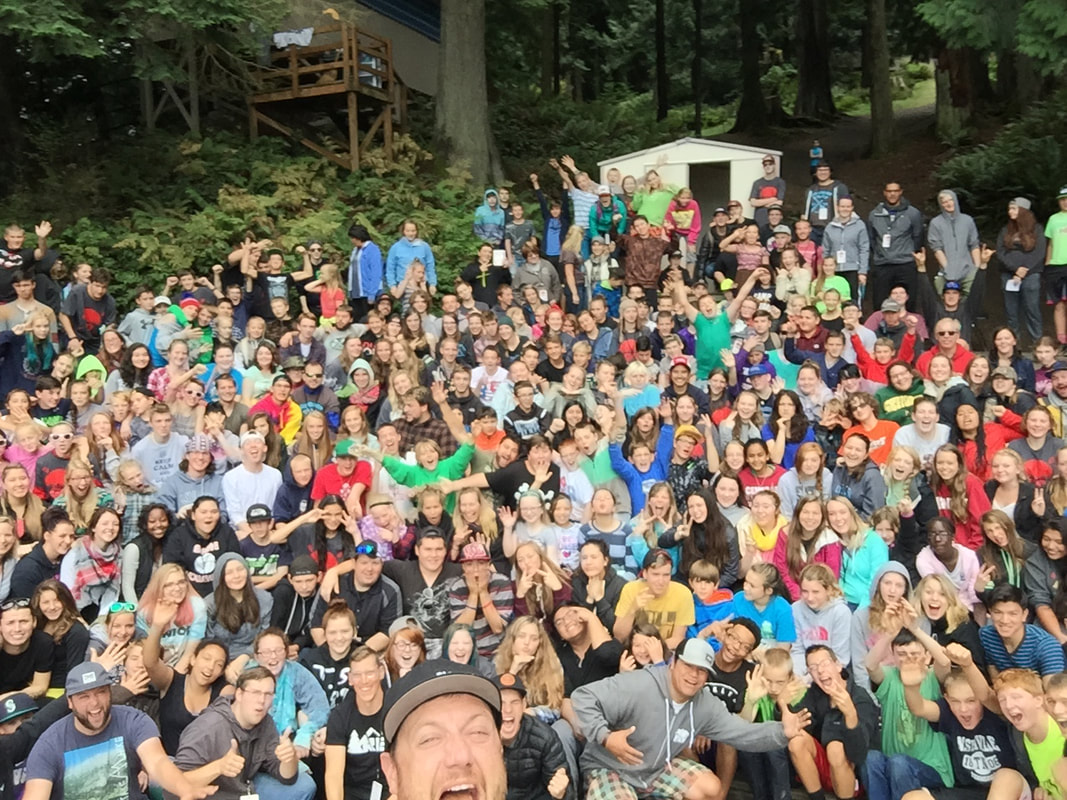




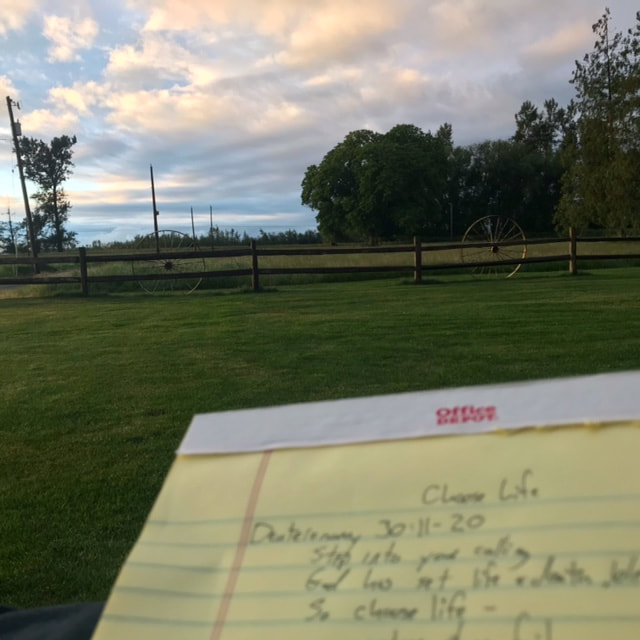

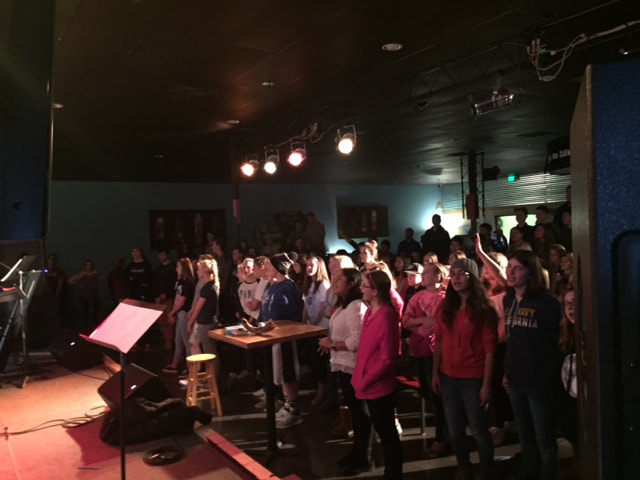

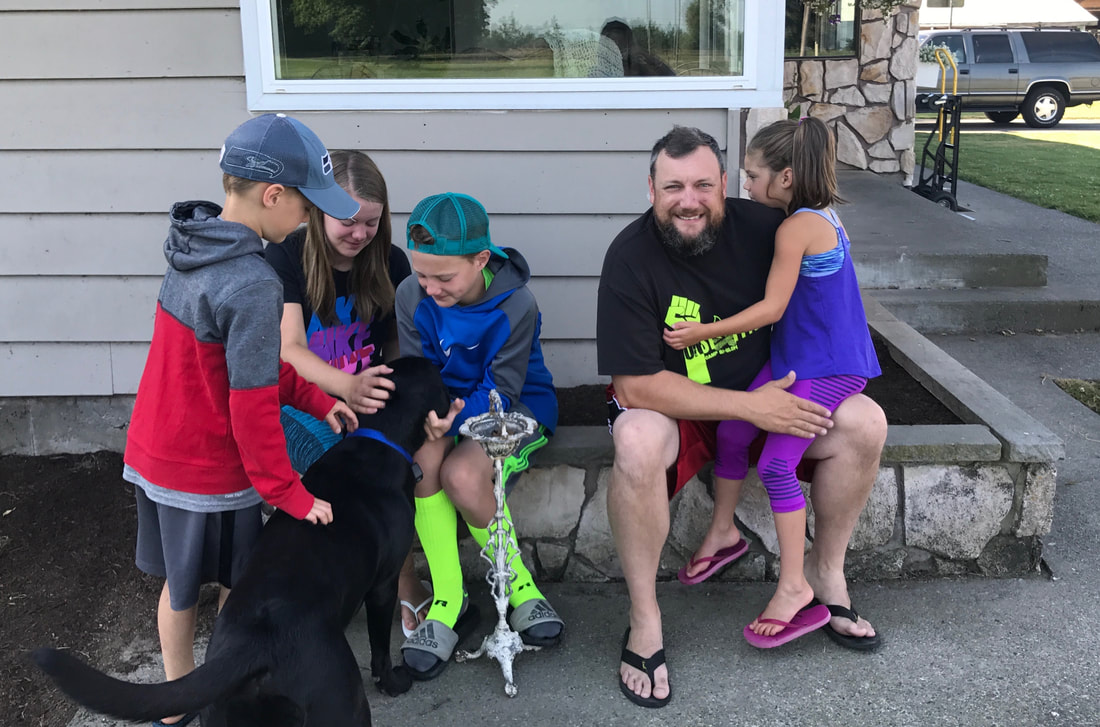
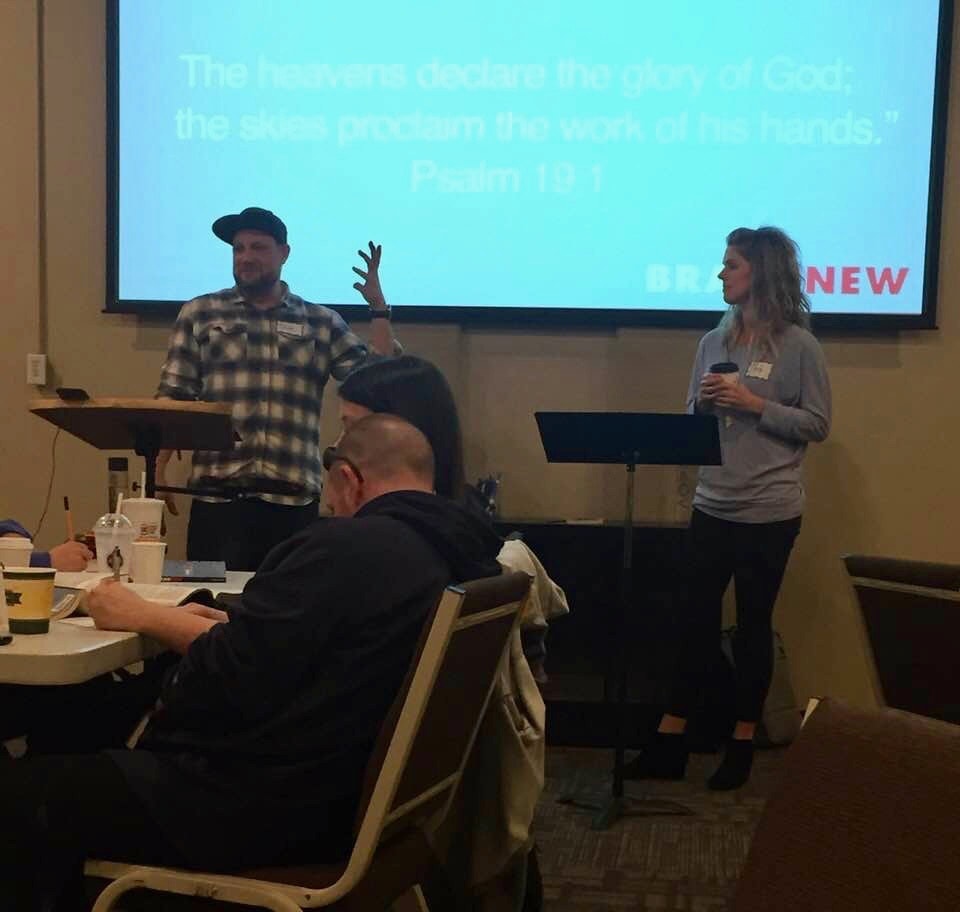
 RSS Feed
RSS Feed
